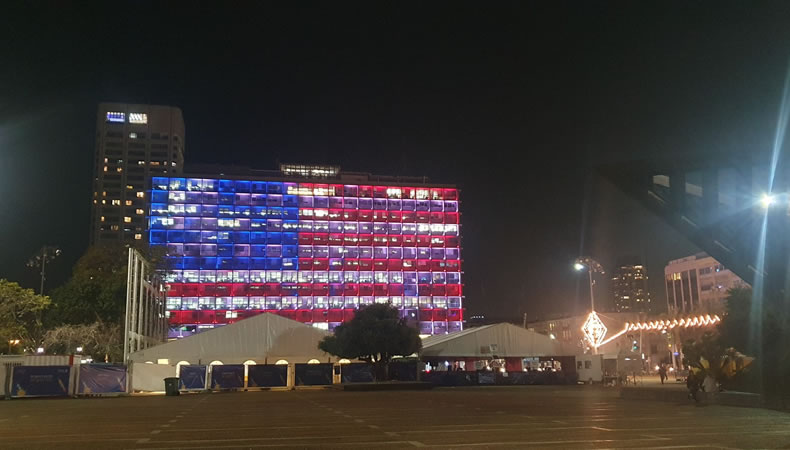Virtual donors conference raises $1.35 billion for Yemen, hosted by Saudi Arabia and UN


He means that as long as Bashar Assad and the Baath party are not removed from power in one way or another, the United States will not change their line and will not lift the economic sanctions (Caesar Act) that also affect Lebanon. Having allowed modest quantities of Iranian oil to reach Lebanon and the green light for the supply to Beirut of gas and electricity from Egypt and Jordan via Syrian territory is only an exception to the White House line dictated by the severe energy crisis in the land of cedars.
Blinken rejects the recent resumption of relations between Syria and Jordan and the rapprochement of other Arab allies – the Emirates and Egypt – with Bashar Assad suggesting that Damascus will soon return to the Arab League. “What we have not done and what we do not intend to do is to express any support for efforts to normalize relations, rehabilitate Assad, lift quired by the humanitarian organizations to continue their work in the region.
The declining funds in the region is mainly because of the obstruction by Houthi rebels who control the areas around the capital Sanaa. Many UN aids have been stopped due to interferences by these rebels.
UN Secretary Antonio Guterres praised Saudi Arabia for its initiative and continuous support and commitment to the “humanitarian aid to the people of Yemen.” The Kingdom of Saudi Arabia pledged $500 million during the opening ceremony of the conference to Yemen aid fund.
Melissa Fleming, the UN’s under – secretary – general for Global Communications in a session post conference praised Saudi Arabia as “the largest funder of the humanitarian response in Yemen in recent years.”
Yemen Prime Minister Maeen Abdulmalik Saeed thanked the Kingdom for its continuous support and contribution to the aid to Yemen. The virtual pledging conference was attended by representatives of more than 125 member nations of the UN, international organizations, NGOs, UN agencies and civil society groups.
Related News: COVID19 crisis: Businesses in Saudi sound confident as economy reopens




